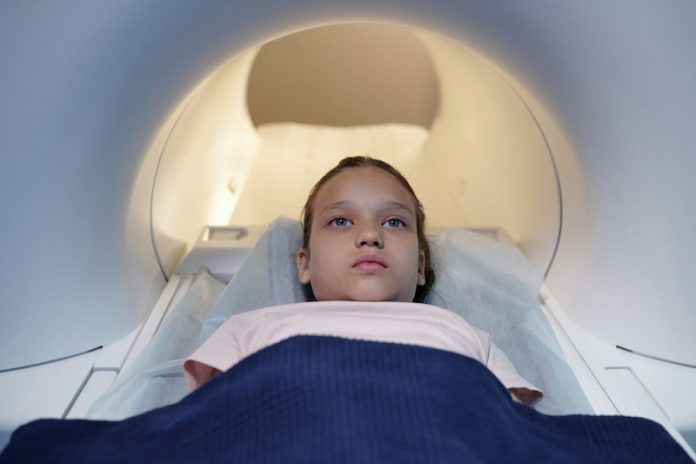
Cancer in children and adolescents is rare, but it remains one of the leading causes of death within this age group.
Survivors often face chronic health problems later in life, with higher rates of illness and mortality compared to their peers. To better treat, detect, and even prevent cancer in this population, understanding its causes is crucial.
The primary risk factor for childhood cancer is genetic predisposition. Certain variations in a person’s genes can significantly increase their likelihood of developing cancer. These inherited genetic risks form a critical area of research.
According to Prof. Dr. Christian Kratz, Director of the Department of Pediatric Hematology and Oncology at MHH, gaining insight into these genetic factors is essential for advancing early detection and treatment strategies for pediatric cancers.
Childhood cancers often have a hereditary component with a complex genetic architecture. This means both common and rare gene variants may contribute to the disease.
Some of these variants are inherited from a child’s parents, while others may occur spontaneously during embryonic development. In these cases, individuals may have a “mosaic” condition where both healthy and altered cells exist in their body.
Cancer predisposition syndromes (CPS) are a significant area of study. These syndromes, caused by inherited genetic mutations, increase the likelihood of developing cancer.
Examples include Li-Fraumeni syndrome, which is associated with a variety of cancers, and Fanconi anemia, a condition linked to blood disorders and certain cancers.
Around 10% of children and adolescents with cancer have an underlying CPS. Understanding these syndromes helps doctors develop targeted approaches to care.
The role of environmental factors, such as viral infections, is also an important consideration.
While genetic factors play a larger role in childhood cancers than in adult cancers, environmental influences can still contribute to cancer development. These factors may interact with genetic predispositions, further complicating the disease’s origins.
Research into cancer predisposition genes (CPGs) began 40 years ago with the discovery of the first gene linked to hereditary cancer risk. Since then, many CPGs have been identified, providing valuable insights into how genetic mutations lead to cancer.
This knowledge has enabled advancements in screening for at-risk individuals and improving outcomes through earlier diagnosis and intervention.
In a recent review paper published in Nature Reviews Cancer, Professor Kratz summarized these findings, shedding light on the genetic and biological factors behind pediatric cancer.
The review highlights the complexity of CPS, emphasizing the need for ongoing research to unravel the interplay between genetic and environmental factors.
While significant progress has been made, challenges remain. One major limitation is that much of the research focuses on rare inherited syndromes, leaving gaps in understanding for the majority of childhood cancers without clear genetic causes.
Additionally, the role of environmental influences is not fully understood, and more studies are needed to clarify how these factors interact with genetic predispositions.
Despite these challenges, the growing understanding of genetic predisposition has paved the way for more personalized approaches to pediatric cancer care.
Advances in genetic testing and targeted therapies are helping doctors identify high-risk children earlier and tailor treatments to their specific needs. With continued research, the ultimate goal is not only to improve survival rates but also to prevent cancer in children and adolescents altogether.
If you care about cancer, please read studies about a new method to treat cancer effectively, and this low-dose, four-drug combo may block cancer spread.
For more information about cancer prevention, please see recent studies about nutrient in fish that can be a poison for cancer, and results showing this daily vitamin is critical to cancer prevention.
The research findings can be found in Nature Reviews Cancer.
Copyright © 2025 Knowridge Science Report. All rights reserved.



